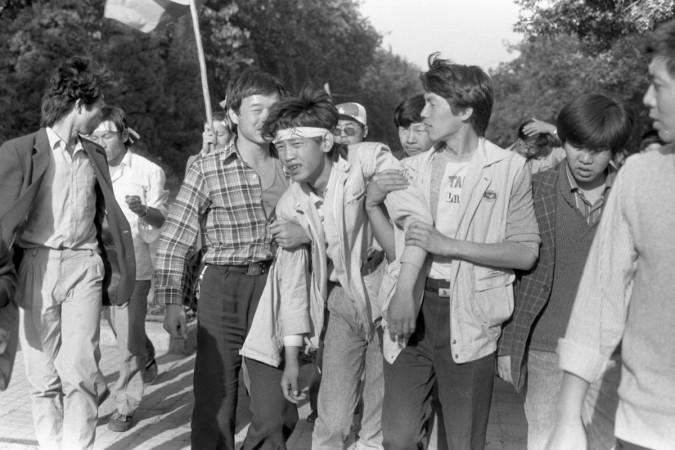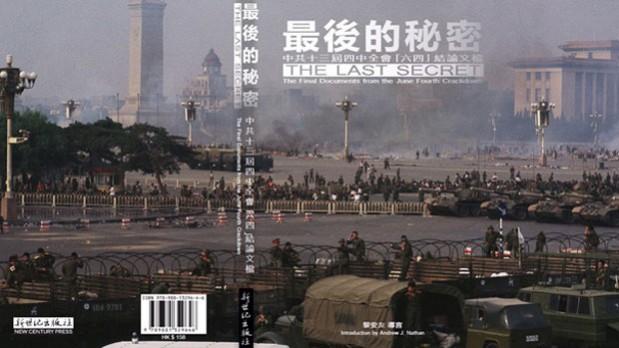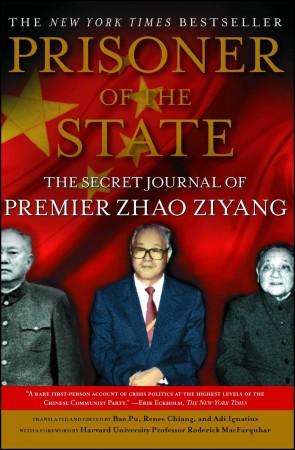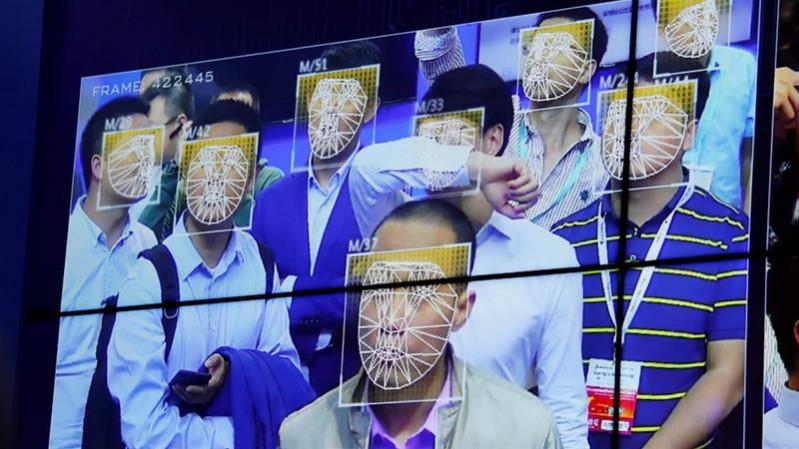
June 4 marks the 30-year anniversary of the brutal crackdown of student-led protesters by the People's Liberation Army in Beijing's Tiananmen Square in 1989. A document titled 'The Last Secret: The Final Documents From the June Fourth Crackdown", released by Hong Kong-based New Century Press, has revealed grim details of one of the biggest human rights violations in history.
"Kill those who should be killed, sentence those who should be sentenced," Wang Zhen, a veteran Communist with a famously fiery temper, said regarding pro-democracy protests, according to the collection.
With no official reports, it is said that over hundreds, if not thousands, of unarmed protesters and civilians were killed when soldiers opened fire in and around Tiananmen Square on 3–4 June 1989.
By violently crushing citizens demanding democratic rights such as the right to speech and anti-corruption provisions against autocratic power structures, China made it clear that the fruit of dissent was death. The new collection of documents and pictures released ahead of the Tiananmen Square anniversary is a reminder of Communist China's repression of human rights.

Jian Liu was a 20-year-old fashion student in Beijing in the spring of 1989 when the movement took place. He captured the spirit of the movement for 50 days through his analog camera.

Now 50, Liu decided to publicly release his images with the help of Humanitarian China, a California-based organization that gives grants to impoverished dissidents and their families. He had asked his friend to bring over the film negatives from China after he learned that his teenage daughter, studying in China, had no knowledge about the massacre.
Similarly, Bao Pu will release his book titled "The Last Secret, The Final Documents From the June Fourth Crackdown" ahead of the massacre's anniversary this year. The book revealed never-before disclosed transcriptions, preserved by an official present of the meeting of the Politburo, the principal policymaking committee of a communist party held at the headquarter of the Communist power in Zhongnanhai discussing the aftermath of the massacre.

While the book does not divulge the total number of participants in the meeting, 17 entries were known to be registered. All begin by proclaiming "I completely agree", "I completely support" Deng Xiaoping, the then de facto ruler's, decision to mobilise the army "to end anti-party riots and counter-revolutionary acts".
Pu's father, Bao Tong, was a well-known policy secretary who was jailed for advocating for social reforms along with Zhao Ziyang. In early 1989, Bao Tong served as the policy secretary to Zhao Ziyang, the general secretary of the Communist Party. Zhao and Bao wanted the party to go easy on the Tiananmen protesters, but Deng Xiaoping had disagreed. Deng ordered the dismissal of the two officials and gave permission to his troops to 'clear' the Tiananmen Square.
Later, Beijing orchestrated a show trial for Bao, accusing him of alerting protesters on the government's plan to implement martial law. Bao spent seven years behind bars, mostly in Beijing's notorious Qincheng prison, until his release in 1996.
After having witnessed the happening and aftermath of the June 4 massacre, Pu along with his wife Renee Chiang founded the New Century Press in 2005. The Hong Kong-based publishing house focuses on suppressed political events banned by mainland China.
Its breakout book "Prisoner of the State: The Secret Journal of Premier Zhao Ziyang" was based on the tapes the former leader secretly recorded during his house arrest following Tiananmen. That book and others have shed light on the events and players involved with the unleashing of military force on June 4, 1989.

However, while these books continue to be banned in mainland China, the silence and lack of public discourse regarding the Tiananmen Square massacre have made Chinese historians, writers, photographers and former activists who have tried to chronicle the country's dark past raise concerns. Government-aided crackdowns of such initiatives are ways through which the state has made the historic movement erased from public memory.
Publishing houses, memorials museum such as Hong Kong Tiananmen museums, former protest leaders and their leaders are under constant threat of "pre-emptive strikes" by detaining, interrogating, and placing house arrests, according to the Network of Chinese Human Rights Defenders, a coalition of human rights groups.
#TwitterMassacre In the eve of 30-year anniversary of Tiananmen Massacre, Twitter suspended thousands of anti-Chinese communist accounts worldwide, including mine. My account was unblocked in 12 hours. I demand official explanation from Twitter.
— 龚小夏 Sasha Gong (@Sasha_Gong) June 1, 2019
This year, activist Deng Chuanbin was placed under criminal detention on suspicion of "picking quarrels and provoking trouble" for tweeting a post commemorating the Tiananmen protest on 18 May.
Another instance such as the police ordering 82-year-old Ding Zilin, mother of slain-17-year-old Jiang Jielian, killed by troops on June 4, leave her home in Beijing and travel to her hometown Wuxi, Jiangsu Province, is a common tactic to ensure that no discourse takes place in the country regarding the bloody movement.
This is a common tactic the authorities use against activists in an effort to silence them during politically sensitive periods and to make it less likely they will speak with foreign media, according to Amnesty International.

China is notoriously known to be one of the most surveillanced countries in the world. In 2015, China's national police force, the Ministry of Public Safety, announced the creation of an "omnipresent, completely connected, always on and fully controllable" national video surveillance network. The MPS and other agencies discussed the use of facial recognition technology in combination with the video cameras to catch 'lawbreakers'. According to the London based global information provider, IHS Markit, it is estimated that in China, there were 176 million cameras in 2016 and they plan to have 450 million more installed by 2020.
As per an article by China Daily in 2016, the Beijing Public Safety Bureau assured that "every corner of the capital was covered under the video surveillance system".
Across China, domestic security accounted for 6.1 percent of government spending in 2017, the Ministry of Finance said. The figure translates into 1.24 trillion yuan ($196 billion) as compared to the 1.02 trillion yuan in defence spending.











